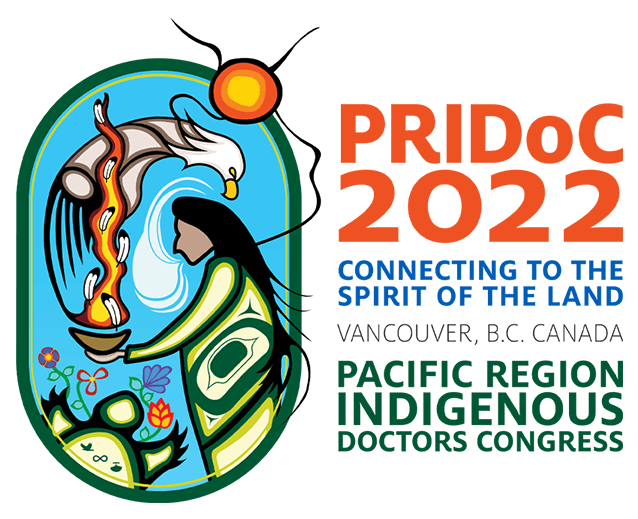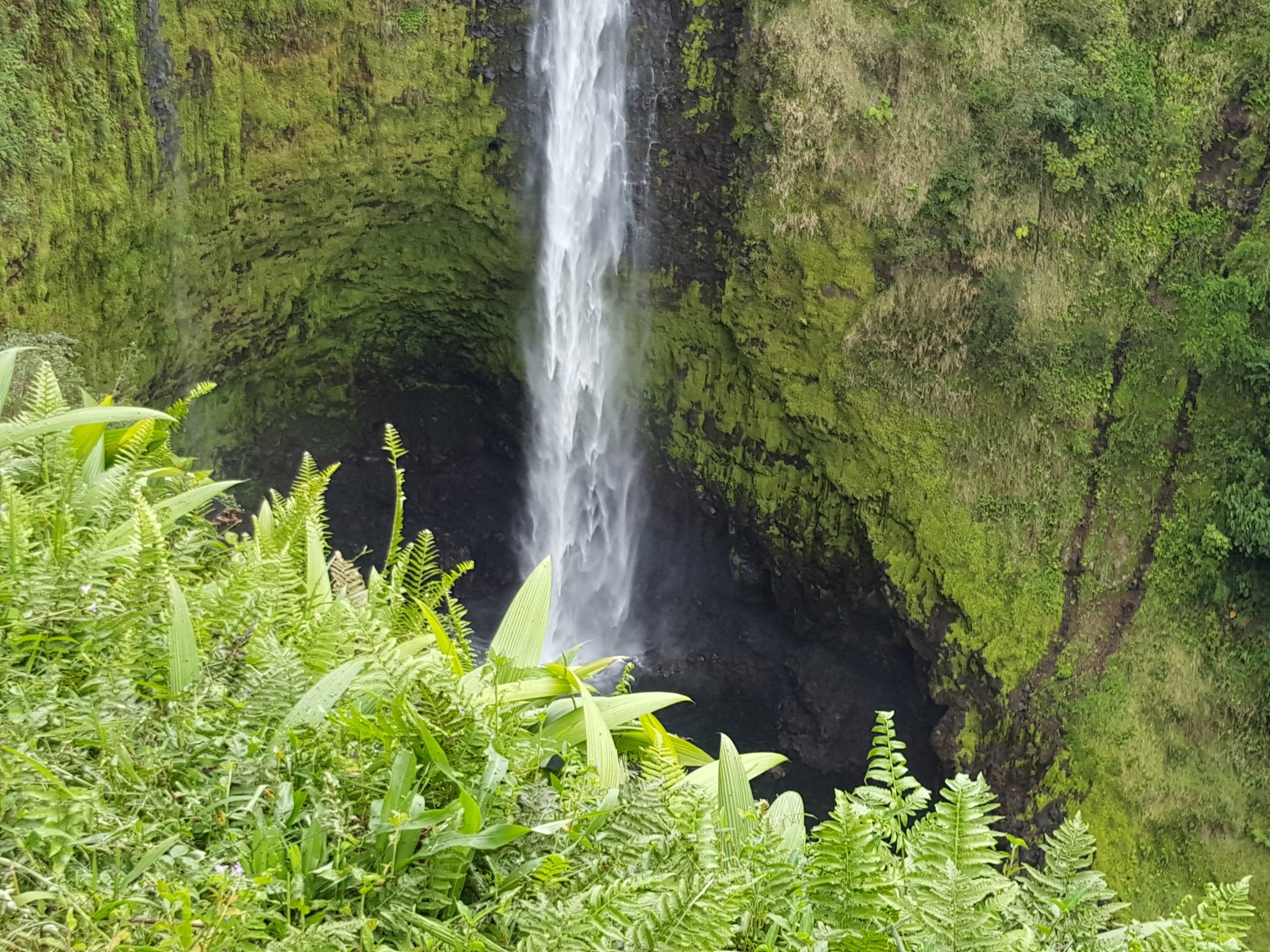Pacific Region Indigenous Doctors Congress (PRIDoC)
PRIDoC is an indigenous space for indigenous physicians and students, researchers and health professionals from across the Pacific to gather around shared issues of well-being among the many indigenous communities throughout and around the Pacific.
History of PRIDoC
The idea of starting a Pacific Region Indigenous Doctors Association occurred in 2000 when leaders from three indigenous physicians groups (Aotearoa, Australia and Hawaiʻi) met at a meeting in Australia and “identified the value of bringing together Indigenous doctors and students from around the Pacific to share resources and expertise.” Convening Indigenous doctors and students can also serve as a mechanism to influence public health policies that affect Indigenous communities throughout the Pacific.
The Pacific Region Indigenous Doctors Congress (PRIDoC) was started in 2002 with the first Congress held in Waikīkī to provide a vehicle for Indigenous physicians and medical students to network, discuss issues of mutual interest, share scientific advances and best practices as well as ancient wisdom and traditional knowledge to further the health and well-being of our communities. In addition, support and mentorship of our medical students has always been an important PRIDoC function.
Every two years the Congress moves around the Pacific involving participation from 200 to 250 medical practitioners and about 30 medical students. In the past, about 1/3 of participants were local physicians.
Original founding organizations, ‘Ahahui o nā Kauka, Te ORA and AIDA have since been joined by three other indigenous organizations. Previous PRIDoCs have been held in Australia, New Zealand, Canada, Taiwan and Hawai‘i.
The Pacific Region Indigenous Doctors Congress has six formal members:
- ‘Ahahui o nā Kauka – Association of Native Hawaiian Physicians (Kauka)
- Te Ohu Rata o Aotearoa (Te ORA) – Māori Medical Practitioners Association
- Australian Indigenous Doctors Association (AIDA)
- Indigenous Physicians Association of Canada (IPAC)
- Medical Association for Indigenous People of Taiwan (MAIPT)
- Association of American Indian Physicians (AAIP)
Commitment to Address Climate Change Impacts on Indigenous Health
Pacific Region Indigenous Doctors Congress 2022
JULY 10 – 15, 2022
Vancouver, British Columbia, Canada
The Indigenous Physicians Association of Canada (IPAC) welcomes you to the 10th Biennial Pacific Region Indigenous Doctors Congress (PRIDoC), July 10-15, 2022 in Vancouver, British Columbia, Canada. This conference will take place on the unceded, traditional territories of the Coast Salish: the Musqueam, Squamish and Tsleil-Waututh Nations. Canada has a rich and diverse Indigenous population comprising the Métis, First Nations and Inuit peoples – we look forward to honouring all of our nations from coast to coast to coast and showcasing our beautiful and varied cultures.

Pacific Region Indigenous Doctors Congress 2018
JULY 12 – 17, 2018
Hale `Olelo, Ka Haka `Ula o Ke`elikolani, UH Hilo, Island of Hawai‘i
The ‘Ahahui o nā Kauka, the Association of Native Hawaiian Physicians, welcomes you to the Ninth biannual Pacific Region Indigenous Doctors Congress (PRIDoC) being held July 12-17th, 2018 in Hilo on the Island of Hawai‘i.
The theme, ‘Oi Ola Wai Honua, was given to us by Aunty Pua Kanahele. This translates as “life is better while the earth has water” and reminds us of the importance of caring for our resources, as well as those of us who also function as resources to our people. We hope that this theme will inspire the exchange of ideas and collective knowledge that will enable our communities and us to thrive physically, emotionally, spiritually, socially and culturally.
PRIDoC 2018 is a collaborative effort, involving many partners including the University of Hawai‘i John A. Burns School of Medicine, Department of Native Hawaiian Health, the University of Hawai‘i Hilo and many other community partners and supporters.

